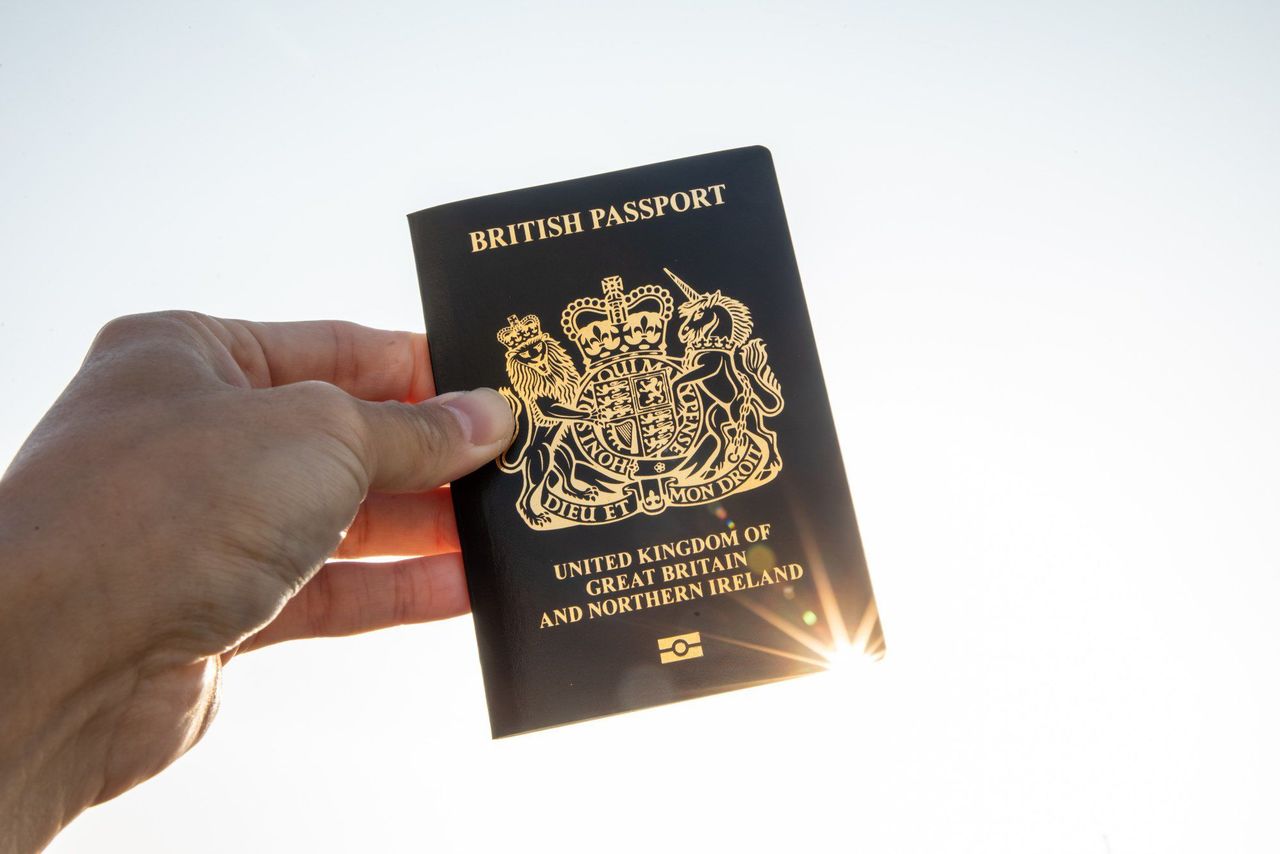Hong Kong News

UK government turns down proposal to expand Hong Kong BN(O) visa scheme
The UK government has turned down a proposal to extend the country’s British National (Overseas) visa scheme to Hongkongers aged 18 to 25 who do not possess the special status, but whose parents do.
Immigration minister Kevin Foster told the House of Commons on Tuesday that the government had “issues” with the new clause as drafted, saying it was too broad and its scope could conceivably cover those who had never even set foot in Hong Kong.
However, the matter is expected to be raised again when the amendment to the Nationality and Borders Bill goes before the House of Lords.
Foster on Tuesday pointed to other pathways to Britain for young people ineligible for the BN(O) route, such as a youth mobility scheme and student visas.
“We believe these existing measures allow a lot of people to come [to Britain],” he said.
The youth mobility scheme – whose 1,000 annual openings Foster said were “undersubscribed” – allows people aged 18 to 30 to live and work in Britain for up to two years.
By contrast, the BN(O) visa scheme for Hongkongers allows successful applicants to live, work and study in the country for up to five years, and apply for citizenship after six.
But only Hongkongers born before June 30, 1997 – the day before the city’s handover from UK to Chinese rule – were eligible for British National (Overseas) status, making even the youngest recipients 24 years old now. While the visa scheme allows BN(O) status holders to immigrate along with their dependents, it does not allow the children of eligible parties to apply independently of their parents.
More than 76,000 Hongkongers have successfully applied for the visa scheme since its introduction on January 31.
 British National (Overseas) passports were introduced in the lead-up to Hong Kong’s return to Chinese rule.
British National (Overseas) passports were introduced in the lead-up to Hong Kong’s return to Chinese rule.
Britain created the visa in response to Beijing’s imposition of a national security law on Hong Kong following the anti-government protests of 2019. London said the security law constituted a “clear and serious breach” of the 1984 Sino-British Joint Declaration, which set the conditions for the city’s return to China.
A group of 27 Conservative members of Parliament had signed the amendment to the Nationality and Borders Bill calling for the scheme to be expanded to all 18- to 25-year-olds with a parent who had BN(O) status.
They pointed to data from the advocacy group Hong Kong Watch, which found that 93 per cent of more than 1,000 defendants who faced charges relating to the 2019 protests were under the age of 25, and therefore not likely to be BN(O) status holders themselves.
Conservative member of parliament Damian Green, who proposed the amendment, said he hoped it would reduce the pressure on Britain’s asylum system.
Home Office figures showed there were 124 asylum claims from Hong Kong nationals in the year to June 2021, compared with 21 the year before.
Green did not put the amendment to a vote in the House of Commons on Tuesday, saying he wanted to work with ministers and give the government more time to introduce a suitable plan for young people in Hong Kong.
The former immigration minister told the Post he would carefully study the government’s proposals on the issue.
“If they are not satisfactory I am sure the House of Lords will make its own proposal, which will then come back to the House of Commons,” he said.
Hong Kong Watch said it was disappointed that the British government had turned down the amendment, but added it looked forward to a version of it being passed by the House of Lords.
“The [existing] measures do not go far enough, because they do not provide a pathway to citizenship, or any guarantee of settled status in the UK,” said chief executive Benedict Rogers.
Ahead of the debate in parliament on Tuesday, Chinese foreign ministry spokesman Zhao Lijian characterised the amendment as meddling in the country’s internal affairs, saying “such interference is destined to fail”.











